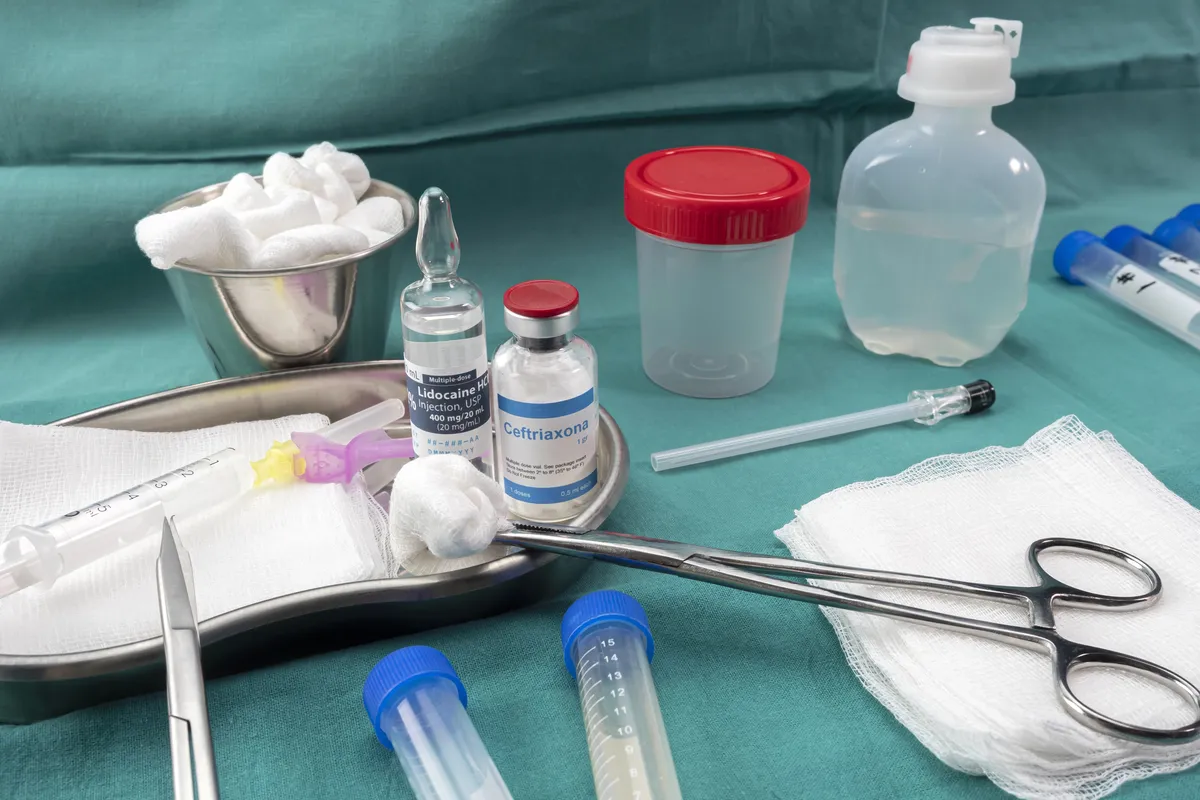Rare diseases
Rare diseases are conditions that affect a small proportion of the population, usually less than one in 2,000 people. They are often genetic diseases that can affect different body systems, leading to serious health problems. There are often difficulties in diagnosing them, due to their rarity and non-specific symptoms. In Poland, as in the rest of the world, people with rare diseases often face a lack of knowledge and support, both in society and in the healthcare system.
Rare diseases are extremely diverse, encompassing both genetic, metabolic and neurodegenerative conditions. Because of their rarity, research into these diseases is less funded, affecting the limited availability of information and treatments. For patients and their families, this often means long years of searching for a diagnosis, which can lead to feelings of isolation and frustration.
Most common rare diseases
Rare diseases are a very diverse group of conditions, many of which have a genetic basis. Here are some of the most common rare diseases that occur worldwide:
- Cystic fibrosis - a genetic disease affecting the respiratory and digestive systems, characterised by thick mucus that clogs the lungs and pancreatic ducts.
- Marfan syndrome - a genetic connective tissue disorder that can affect the heart, eyes, bones and other organs.
- Phenylketonuria (PKU) - a metabolic disorder in which the body is unable to metabolise the amino acid phenylalanine, which can lead to brain damage.
- Ehlers-Danlos syndrome - a group of genetic conditions characterised by excessive joint flexibility, fragile skin and connective tissue problems.
- Haemophilia - a blood clotting disorder that leads to excessive bleeding, even with minor injuries.
- Huntington's disease - a neurodegenerative genetic disorder that leads to progressive brain damage, affecting body movements, cognitive skills and emotions.
- Team Rett - a neurological disorder that leads to severe developmental problems, including loss of speech and motor skills.
- Achondroplasia - a genetic growth disorder that causes dwarfism.
These diseases, although rare, have a significant impact on the lives of patients and their families. Diagnosis often requires specialised genetic testing and treatment, when available, can be complex and expensive.
Diagnostic difficulties in rare diseases
Diagnosing rare diseases is one of the biggest challenges in medicine. Due to their diversity and often non-specific symptoms, the diagnostic process can be complex and time-consuming. Many rare diseases are confused with more common conditions, leading to misdiagnosis and inappropriate treatment. Furthermore, the lack of access to specialised genetic tests and doctors with expertise in rare diseases further complicates the diagnosis process.
One of the key elements for improving diagnosis is medical education and the development of specialised centres for rare diseases. Steps are being taken in Poland and other countries to create such centres, which can provide patients with access to the necessary tests and care. Early and accurate diagnosis is crucial for effective treatment and improved quality of life for patients.
Humanisation of medicine in the treatment of rare diseases
The humanisation of medicine plays a special role in the care of patients with rare diseases. Due to the uniqueness of these conditions, treatment often requires an individual approach, taking into account not only medical but also emotional and social aspects. Doctors and medical staff must be particularly sensitive to the needs of patients and their families, offering psychological support and reliable information on available therapies.
Introducing the principles of humanisation into the care of rare diseases includes creating welcoming environments where patients can feel understood and respected. It also means educating medical staff about the specificities of these conditions and building strong communication between patients and doctors. In this way, patients can better understand their disease and be actively involved in treatment decisions.
Support for families and carers
Families and carers of people with rare diseases often face challenges in caring for their patients. Providing informational and emotional support to families is crucial in the treatment process. There are patient organisations and support groups that offer help in coping with daily difficulties and sharing experiences.
Support for carers also includes access to appropriate resources and information that can help them better understand the disease and its impact on the patient's life. Introducing educational programmes and information sessions for families can significantly improve the quality of care and reduce feelings of isolation. It is also an opportunity to connect with other families, which is often a source of emotional support.
The future of rare disease treatment
Advances in medicine, especially in genetics and biotechnology, are opening up new possibilities for the treatment of rare diseases. Gene and cellular therapies, although still in clinical trials, offer hope for effective treatments for many conditions that were previously incurable. In Poland, as well as worldwide, there is an increasing number of clinical trials in which patients with rare diseases can participate, allowing access to modern therapies.
In the future, it will also be crucial to develop international cooperation and data sharing between research centres, which will accelerate the development of new treatments. In addition, personalisation of therapies, based on patients' individual genetic profiles, can significantly increase the effectiveness of treatments and improve the quality of life for people with rare diseases.
